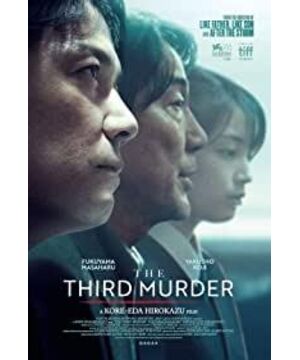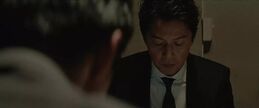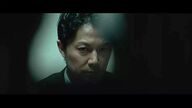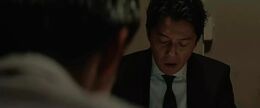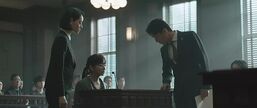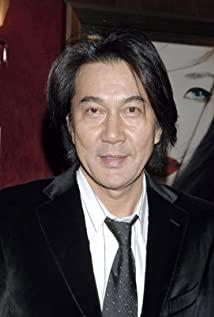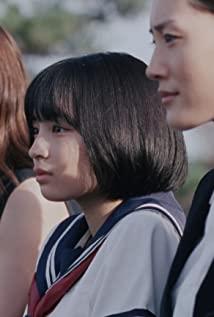This should still be an ethical film. It doesn't matter what the truth is, so the suspense also loses its meaning. The new bottle of old wine is Hirokazu Koreeda who is always a good player in showing the psychology of characters and the relationship between people. Three father-daughter relationships, and a father-son relationship, mirror each other, weaving a web of intertwined fate and morality.
The lawyer-daughter relationship is a small defense-scene simulation, and it's the original policy that the lawyer prepares to defend the suspect. He received a call saying that his daughter stole something. He rushed to the scene and did not ask the reason or the authenticity. Instead, he apologized and explained the reason out of professional judgment, softening the other party from family factors, and also to spread the information that he was a lawyer. Overwhelm each other mentally, both soft and hard. And his daughter also acted in a play. In fact, it means to make a confession with the suspect in the direction of the lawyer. Later, it is also shown how the lawyer guides the suspect to answer questions before appearing in court. It is definitely the fact of murder, but the motive is This subjective question can then be changed as needed. like morality.
The lawyer's last guess about his motives is not based on morality itself, but from his own emotional needs. When he received a call from his daughter and asked him if he would help her no matter what, he actually had nowhere to go. He said rationally that there might be some things he shouldn't, but emotionally he couldn't let go. The motive of "sanction" he was looking for in the suspect was not only to excuse the suspect, but also to excuse himself and his daughter. Once the moral line is crossed, it doesn't matter what the fact is, it just keeps changing as you need it to.
View more about The Third Murder reviews


